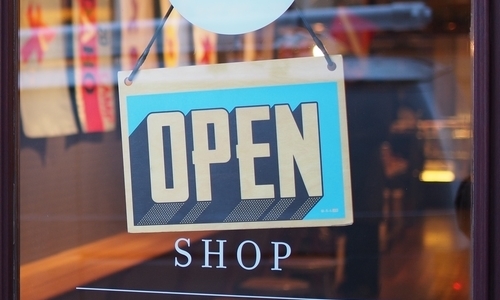The Agricultural Improvement Act of 2018 (aka the Farm Bill) legalized the cultivation of hemp and the sale of hemp products, within some legal parameters. Previously, hemp had been classified as a controlled substance, even though, unlike marijuana, it does not contain enough tetrahydrocannabinol (THC) to have psychotropic effects. In other words, you can’t get high off hemp.
Cannabidiol (CBD) can be derived from hemp or from the cannabis plant. Either way, it’s non-intoxicating. Natural food stores have quietly sold CBD tinctures for years. With the relaxing of legislation around hemp products earlier this year, all kinds of CBD products hit the U.S. market, everything from CBD dog treats to CBD lotions and even CBD beer. And they don’t come cheap: a CBD lollipop from a gas station could cost $6, while a small vial of water-soluble CBD could cost $60.
But while topical CBD products (lotions, balms, oils) are legal, the U.S. Food Drug and Drug Administration (FDA) has said that is not legal to add CBD to food or beverages, putting products like CBD water and CBD chocolate in legal limbo. The authorities seem to be selectively enforcing this. The Philadelphia Inquirer has an excellent explainer on this issue.
Questions to consider as you’re covering CBD products
What (if any) CBD products are popular in your area? Are they available in brick-and-mortar stores or restaurants or mainly online? CBD-focused storefronts have popped up in some areas, while some dispensaries carry CBD products. Artisan CBD purveyors sell goods online and Oregon grocery stores even sell some CBD products. Several large national brands including Urban Outfitters and CVS also carry them.
Are producers of CBD beverages or food products concerned about possible enforcement? Do they expect that legislation will loosen over time?
What are the possible ramifications for users of CBD products? According to the Fort Worth Star-Telegram, CBD users can get fired after failing a drug test.
Does your state have more specific regulations around CBD? States such as Washington are cracking down on the sale of foods and beverages with CBD. If you’re in a state like Colorado, California, or Massachusetts where recreational marijuana is legal (see a full state-by-state breakdown), then CBD products may not be as popular because residents can legally smoke weed or consume edibles.
Attorneys across the country are carving out specialties in legal issues around marijuana and (to a lesser extent) CBD. For instance, Denver-based lawyer Justin Prochnow advises companies in the food and beverage industry on FDA compliance and Jeffrey Michael Glazer, a clinical associate professor at the University of Wisconsin-Madison law school, teaches food and drug law. Meanwhile, the Pennsylvania Bar Association formed a Medical Marijuana and Hemp Law Committee several years ago. Consider interviewing one in your area to get more legal context on this issue.











